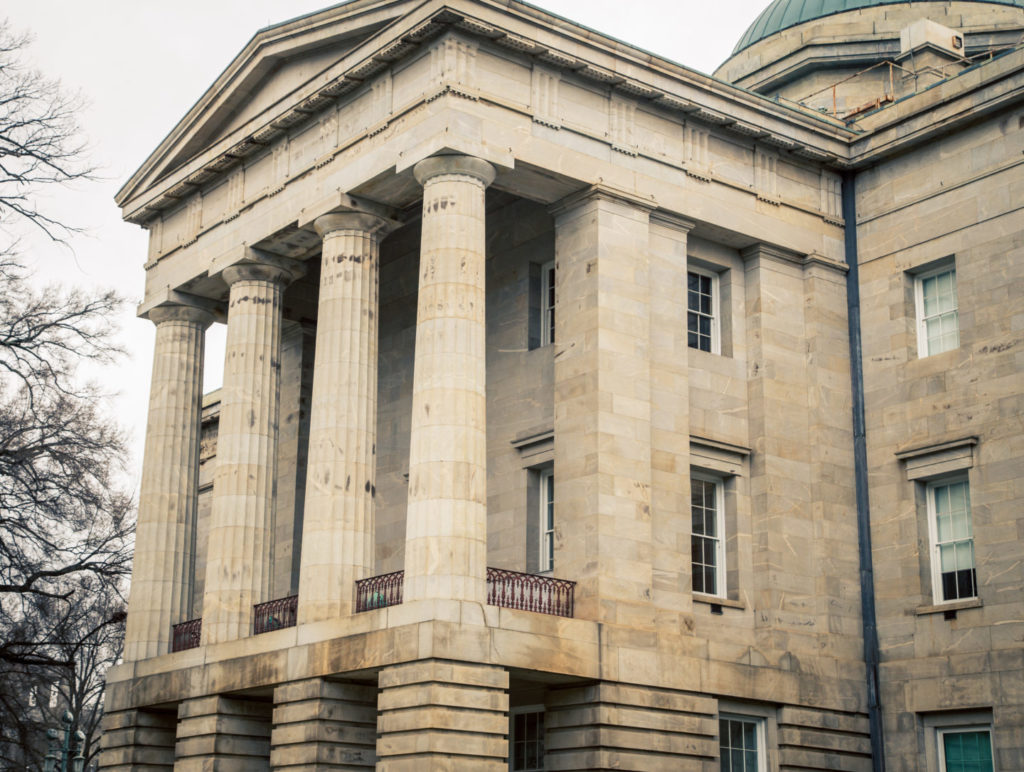(The Center Square) – State officials believe about $677.8 million in court-ordered education spending was not included in recent state budgets, a calculation at the center of the long-running Leandro school funding lawsuit.
Anca Elena Grozav, chief deputy director with the North Carolina Office of State Budget and Management, filed an affidavit in Wake County Superior Court on Monday that analyzed education spending in the 2021 budget and modifications that fund items in year two and three of a comprehensive remedial plan.
Democrats on the state Supreme Court overrode their Republican colleagues in a 4-3 November ruling that requires the state to fund the remedial plan and they tasked Superior Court Judge Michael Robinson with rectifying the spending with the state budget.
Robinson previously found the state budget was $785 million short of the court-ordered spending, but is now recalculating the total to account for supplemental spending.
“The analysis reveals that 63% of the Year Two Action Items of the Comprehensive Remedial Plan and 60% of the Year Three Action Items of the Comprehensive Remedial Plan have been funded,” Grozav wrote. “This means that approximately $257,679,390 of Year Two Action Items remain unfunded, while $420,121,777 of Year Three Action Items remain unfunded.”
The filing included a detailed breakdown of Grozav’s analysis of the unfunded spending, which would go to the North Carolina departments of Public Instruction and Health and Human Services, as well as the University of North Carolina System.
The affidavit comes about a week after State Controller Nels Roseland objected to a timeline for addressing the Supreme Court’s spending order that called for the state to submit its recalculations “on or before 19 December 2022.”
The timeline submitted by the parties gave the plaintiffs until Jan. 20 to respond.
Roseland formally opposed the timeline in a report to the court last week because “additional procedures are needed to assure an accurate and responsible handling of any money which the Controller authorizes.”
Roseland argued “it is premature to determine a scheduling order for the proceedings on remand” and promised subsequent filings to address the issues.
Legislative leaders — also known as intervenor-defendants in the case — may also weigh in on the proposed schedule.
The court-ordered money transfer defies the typical budget process that requires approval from the General Assembly and Roseland’s predecessor Linda Combs initially convinced an appeals court to block the transfer on the grounds it violates her oath of office and state law.
The Supreme Court’s November decision negated that appeals court ruling to require the spending, with Democrat justices arguing “the North Carolina Constitution vests in all children of this state the right to the opportunity to receive a sound basic education and that it is the constitutional duty of the State to uphold that right.”
Robinson has yet to respond to the suggested timeline or Roseland’s objection.
It’s possible the case could return to the Supreme Court, which shifted from a 4-3 Democrat majority to a 5-2 Republican majority in last month’s election.
The new Republican justices, Richard Dietz and Trey Allen, assume office on Jan. 1.




